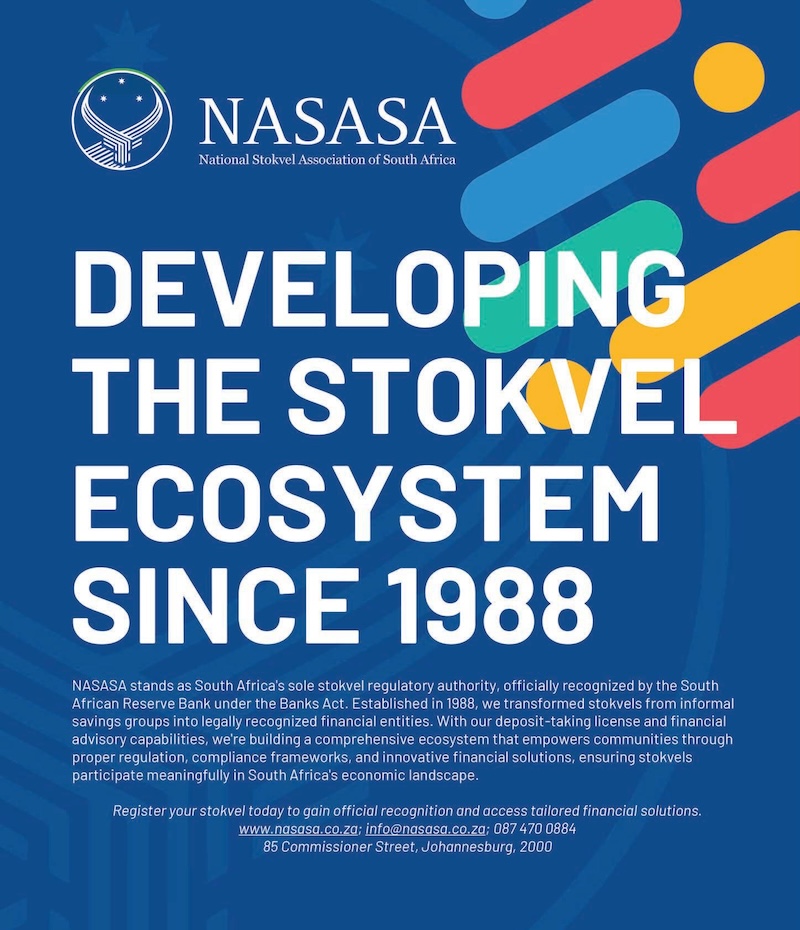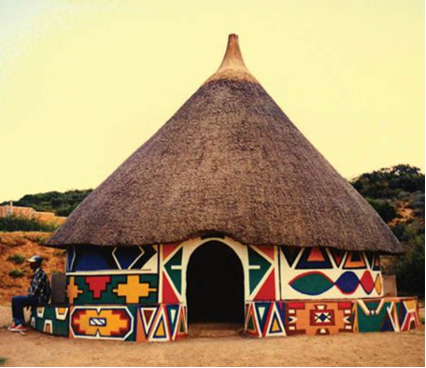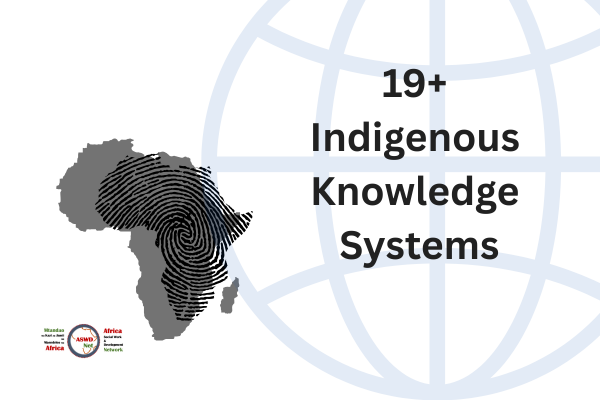Gabon
- Template: Code of ethics
- Template: Roles of associations
- Template: Structure of social development institutions
- Please provide any additional information
Template: Code of ethics
Guiding Principles for Social Work Codes of Ethics
Each country (actually most) countries have created or adopted a Code of Ethics for social work. Most codes were developed from a colonial point of view and should be revised. In case where there are no Codes, they should be developed. In revising or developing ethics codes, the following broad principles apply:
- Ethics are not universal, if we have to use ethics from other societies, then this has to be acknowledged, and it has to reciprocal, meaning we can’t borrow more than others are borrowing from us, and we cant be forced to borrow what does not fit our situation.
- However, even if we use adopt ethics from others, we should have ours that are original.
- Ethics should be based on a society’s philosophy and values.
- Ethics and ethics codes that resulted from colonisation or neo-colonisation should be revised.
- Ethics apply in training and education; publishing and research; and practice; collaboration; leadership and administration.
- Ethics should be expressed and written in a language understood by the people we serve.
Specific ethical principles
- Philosophically grounded ethics.
- Decolonised ethics.
- Indigenous ethics.
- Developmental ethics.
- Appropriate language.
A code of ethics should contain the following:
- The philosophy on which the ethics are founded.
- A list of the values from which the ethics are derived.
- A list of the principles on which the ethics are created and will be implemented.
- To whom the ethics apply.
- Sanctions that will be applied when ethics have been broken.
- How those sanctioned will appeal.
Philosophy
African ethics are founded on Ubuntu philosophy. Ubuntu applies at these levels:
- Individual level
- Family level
- Village level
- Community level
- Society level
- State level
- Continental level (African level)
- Global level
Values
| Level of Ubuntu | Examples of Values | I shall abide by the following ethics in my learning, teaching, practice, research, collaboration, leadership or administration: |
| Individual level | Upenyu – valuing life Shosholoza – resilience Kuumba – creativity Ushavi – workmanship, enterprising Unyanzvi – professionalism Sankofa – look back to inform the present and future Ruremekedzo or Heshima | I shall not cause harm, disease, impairment or loss of life. I shall promote resilience. I shall promote creativity not imitation I shall conduct myself professionally. I shall value history in my work. I shall be respectful. I shall promote entrepreneurship and hard work. |
| Family level | Umhuri – familyhood, blood relations Ukama, Harambee – familyhood, blood relations Musha – permanent home in ancestral lands | I shall protect families and marriages. I shall promote best interests of the family in the work that I do. I shall value blood relations. I shall value people’s permanent homes. I shall value people’s ancestral lands and heritage. |
| Village level | Kagisano – good neighbourliness Ujima – collective responsibility Kuumba – mentoring | I shall promote harmony. |
| Community level | Ujamaa – familyhood or communityhood Simunye – strengths in numbers, we are one | The ethic is promote cooperation and collectivism. I shall promote justice. I shall respect local protocols. |
| Society level | Umuganda – service to others Ururami, Ubulungiswa, Ubutabera – justice Itorero – good members of society, and a strong sense of cultural values and leadership skills Umoja – unity, peace and harmony | I shall promote oneness. Where harm has happened, I shall promote fair compensation. I shall promote empowerment not dependence. I shall respect cultures. I shall be a good leader. I shall promote unity, peace and harmony. |
| State/country level | Ubunyarwanda – nationhood Utungamiri – leadership | I shall promote good leadership. I shall promote people-centered leadership |
| Continental level (African level) | Uhuru – liberty/independence/freedom Urithi, Nhaka – inheritance | I shall promote independence |
| Spiritual level | Uroho – spiritual connectedness | I shall promote holism/Wholism. I shall promote spiritual connectedness. |
| Environmental level | Umachobane – sustainability | I shall promote sustainability. |
| Global level | Ururami, Ubulungiswa, Ubutabera – justice Umoja – unity, peace and harmony Uhuru – liberty/independence/freedom Ujima – collective responsibility Kurutsisa – decolonisation | I shall promote justice. I shall decolonise my practice research and learning. The ethic is liberate and protect African liberation. |
To whom ethics apply:
- Student social workers
- Registered and unregistered social workers
- Lecturers
- Researchers
- Leaders e.g. supervisors, managers, administrators and directors
Some ethics will apply to
- Training administrators who are not social workers
- Librarians who are not social workers
- Research leaders who are not social workers
Monitoring ethics
- Each person shall be responsible for ethical conduct and shall self-report in case on breaches or seek advice to prevent breaches
- Each person shall look after another, advice and report
- Each association shall look after members
- Each country or state shall
- Each community shall
- Each client shall
Sanctions
When an ethic has been breached sanctions include:
- Compensation
- Re-training
- De-registration
- Suspension
- Asking for forgiveness
- Restitution
- Court trial (from family court, village court, community court, state court, African court or global court)
- Dismissal from work
Appeals
The appeal can be done to reduce the sanction, compensation, sentence or judgement.
- Population: 2 300 000 (two million three hundred thousand people)
- Life expectancy: 66 years
- Partial independence gained from France in 1958
- Resources: oil, trees, minerals and wildlife
- Religion – Africa religion is the primary religion for almost 100% of the population; Abrahamic religion (Christianity and Islam) is the most popular secondary religion
- Education: government runs the education system by providing infrastructure and training teachers; education free for all between 6 and 16 years
- Culture: culture is exhibited in everyday life, including marriage, birth and funerals. Making and use of masks is popular
- Child care: the culture and laws put families at the centre of child care
- Indigenous people: The Baka people; mainly live in forests
Template: Roles of associations
Template: Roles of a professional associations of social workers
- Creating a code of ethics relevant to Africa: To create a code of ethics guided by African values that have been used to provide social services since time immemorial.
- Societal recognition: make social work known in families and communities including what social work is in local language, the roles of social workers and how the complement not replace or compete with the roles of families and communities. Presently, in most African communities, social work is not understood and at times it is hated because of its focus on western ideas, knowledge, philosophy, theories, methods and literature.
- Creating a local definition of social work: to help social work being understood and appreciated. Definitions in local languages will be more useful.
- Creating relevance: making social work in Africa more developmental to enable it to respond to the social issues, challenges and problems on the continent. Social work has to respond to mass poverty in a developmental not remedial way.
- Professional recognition: To raise social work to the level of other professions, and to give social workers respect and recognition of their service.
- Professional regulation: Ensure that social workers follow ethical principles that make them accountable for any professional misconduct, breach of ethics or confidentiality.
- Professional standards: To oversee social worker’s performance, attitude towards families, communities, peers, profession and the society. This builds trust and ensures credibility of social work.
- Training monitoring: To monitor social work training and fieldwork.
- Produce literature: To research, write and publish relevant literature for social work training and fieldwork.
- Advocacy: To advocate for social justice and social services.
- Continuous training: To lead continuous professional development (CPD) of social workers and all people providing social services. This is important especially for social workers trained in the colonial period, those trained using colonial syllabus or those trained outside Africa.
- Supporting and empowering indigenous services: To support families and communities in their roles of providing social services and not disempower them.
- Trade unionism: Act as the trade union of social workers to represent their interests and labour rights as workers, entrepreneurs, volunteers and social innovators.
- Consumerism: protect families, communities and employers from poor services from social workers, receiving complaints and dealing with them.
- Collaboration with other associations: Work and collaborate with other professional bodies in the country, in the region, in Africa and globally.
- Policy work: Creating policies or alternative policies to advance social development and to scrutinize existing policies of the government.
- Recognising social workers: Celebrate social workers through national social work day, global social work day and providing awards to social workers, students, academics and social work organisations.
- Networking: providing opportunities for social workers to network, share experiences and listen to others through indaba, conference, webinar, newsletters, journals, websites, social media e.g. groups of Facebook or WhatsApp, dinner etc
- Decolonising: To decolonise social work to make it relevant to Africa communities, this work involves, among others
- Using African philosophy, including values, ethics, theories, models etc
- Using African ethics and removing colonial ethics
- Using African literature and removing colonial literature
- Using African academics and replacing non-African academics
- Using a home grown syllabus, and replace colonial syllabus – in the process avoid brain drain
- Using and valuing African methods, techniques and strategies of social work and not non-African methods
- Valuing African history of social work and Africans who have contributed to that history
- Contributing African knowledge and methods to global social work and not just receiving global knowledge without scrutiny
- To educate families, communities, organisations and government about how to remove colonial practices, methods, knowledge etc from the social work services that they provide
- Generally, make African social work more developmental in approach so that the profession becomes relevant to our families, communities, organisations and government
Template: Structure of social development institutions
Template: Structure of Social Development Institutions
Institutions of social work or social development are structured differently in each country. Below we provide a list of institutions that are necessary.
- Schools of Social Development or Social Work
- Association of Schools of Social Development
- Association of Students of Social Development
- Association of Social Workers or Social Development Workers
- Association of Educators of Social Development or Social Work
- Association of Fieldwork Educators or Supervisors
- Association of Public Social or Development Workers
- Public Regulator of the Profession
- Association of Community Workers or Community Development Workers
- Association of Family Workers
- Association of Environmental Social Workers
- Association of Spiritual Social Workers
- Alumni Associations
Please provide any additional information
If you have information on social work and development about this country, please email asw@africasocialwork.net



